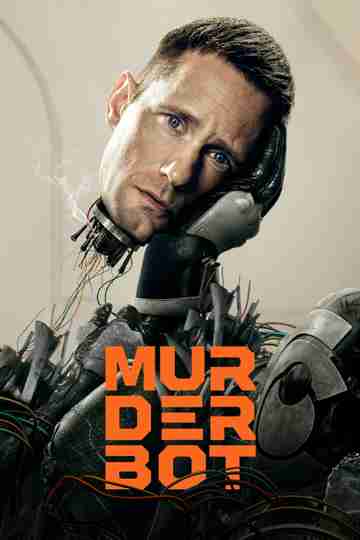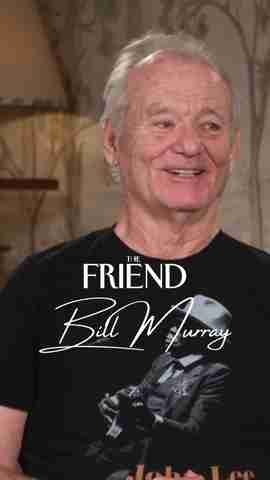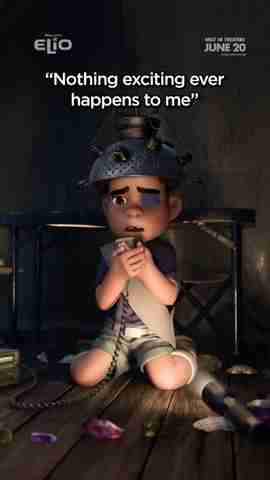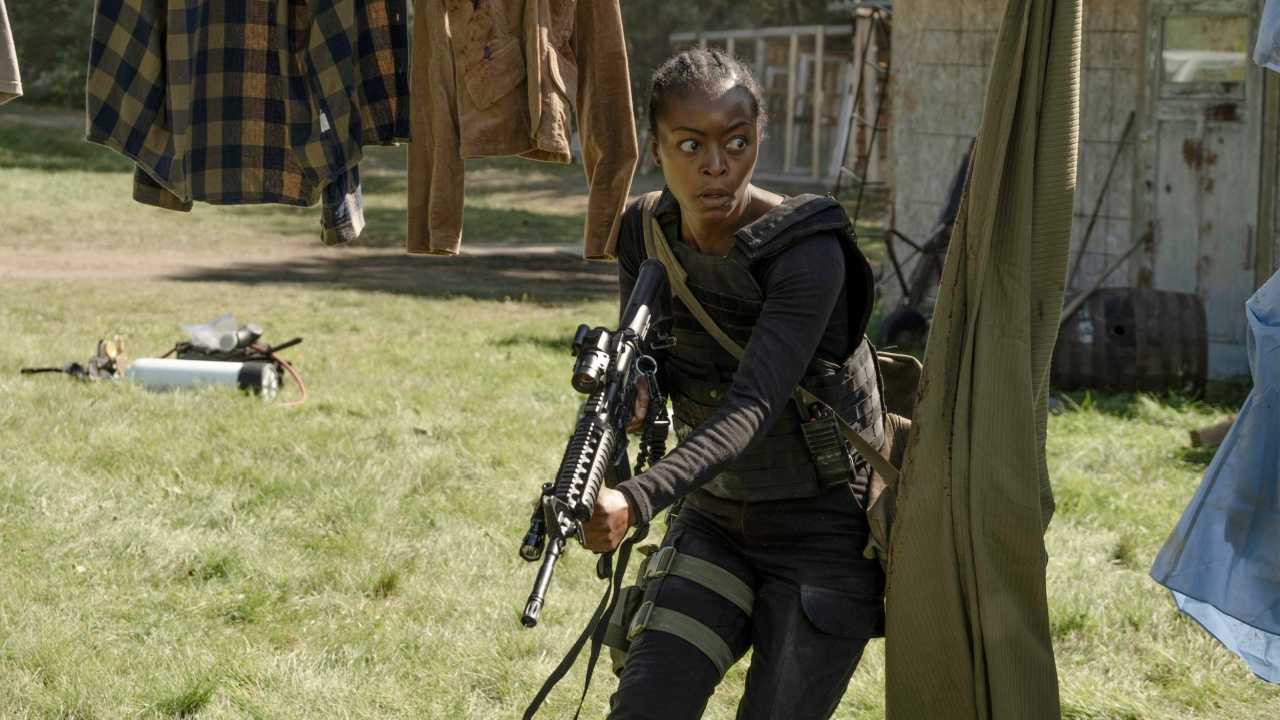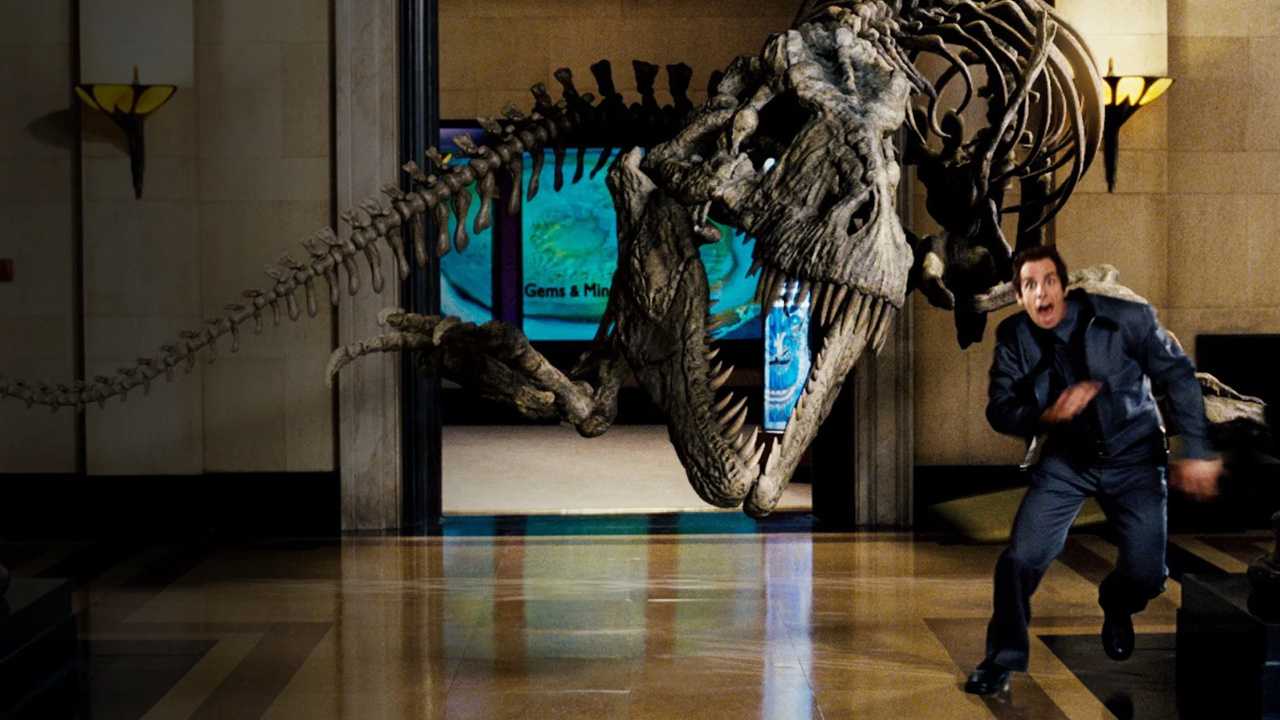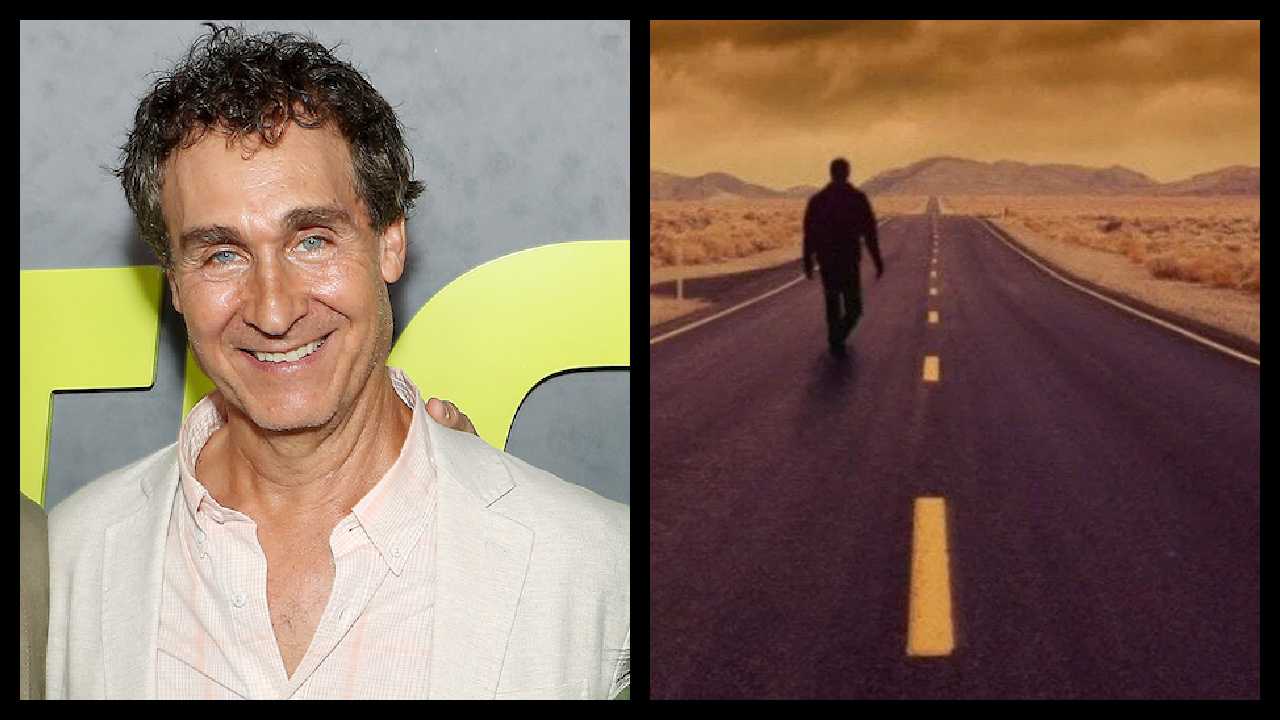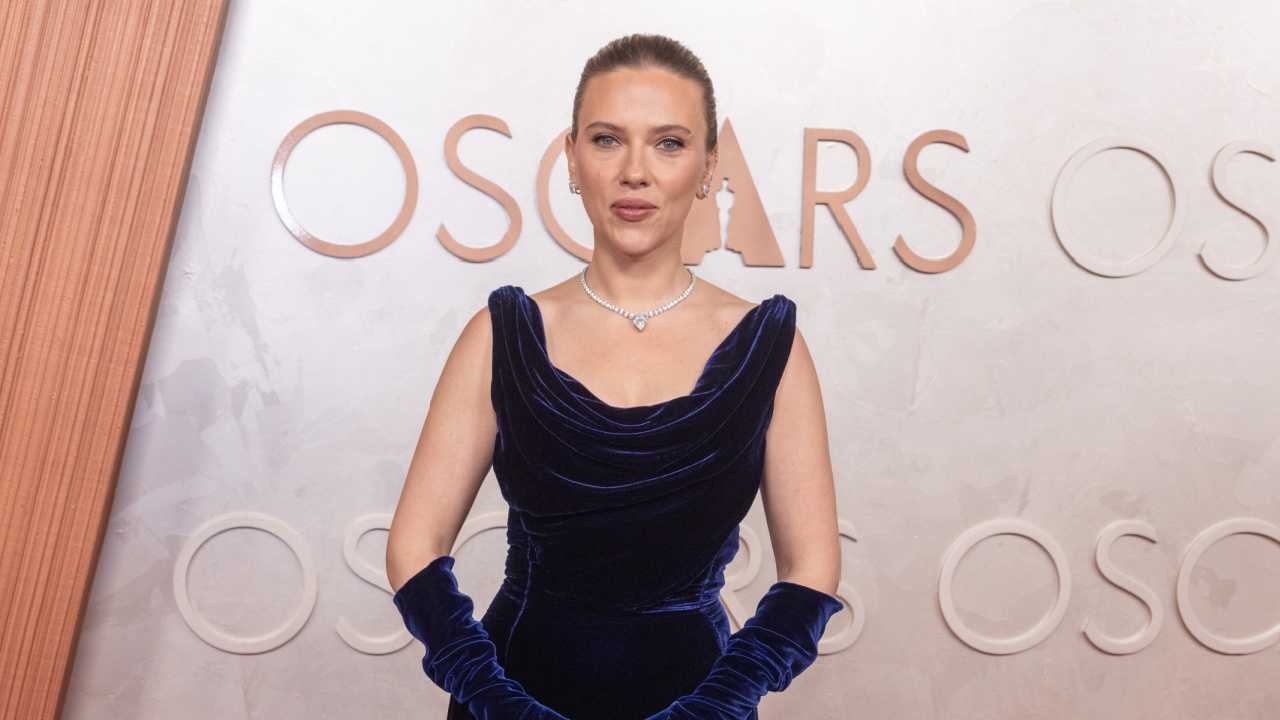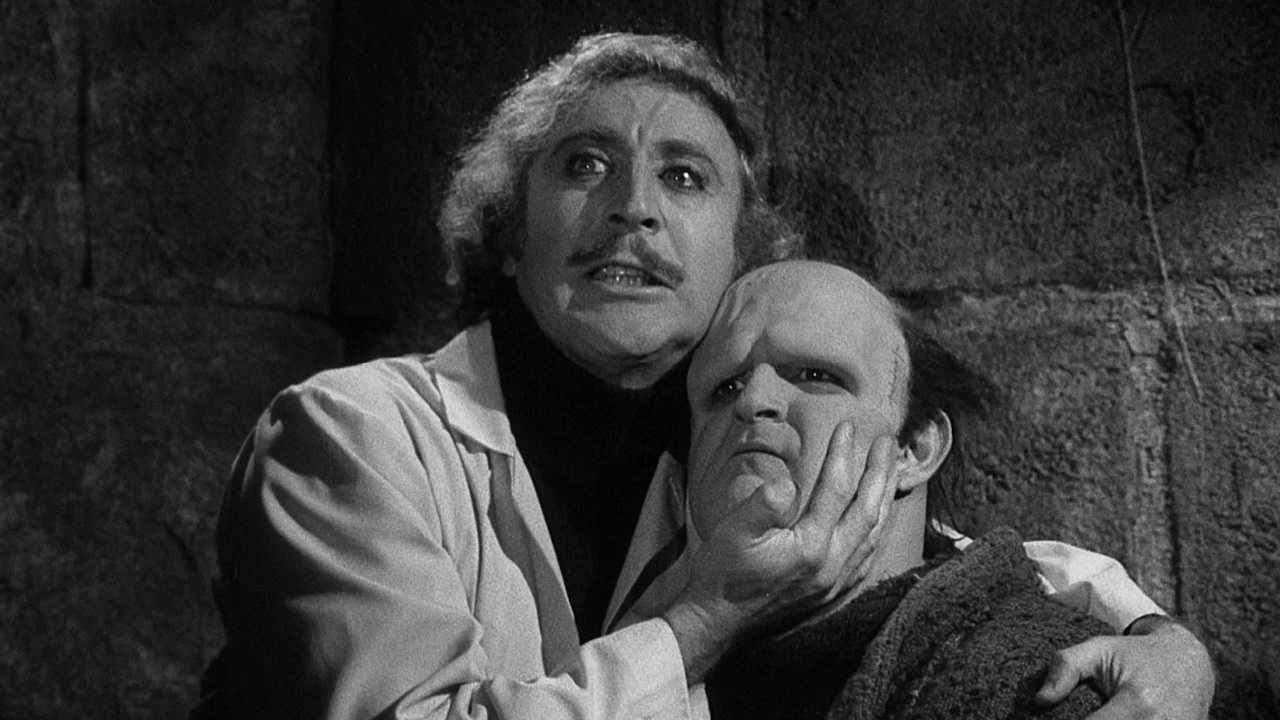'Alita: Battle Angel' is an Unexpected Blast
“Alita: Battle Angel” first went into development by James Cameron in 2000, and Robert Rodriguez signed on to direct his script in 2016, but the themes of their adaptation of Yukito Kishiro’s 1990 manga of the same name could not feel timelier. A story of the redeeming power of compassion and positivity, Rodriguez’ film follows a young woman with more power than she realizes entering a complicated world unafraid and undeterred to fight for what she believes in. But it’s also a smart, rousing adventure that resonates unlike almost anything else being made right now, utilizing incredible technology to enhance amazing performances, and most of all, eclectic, compelling and sympathetic characters who embody imagination and inspire hope.
Rosa Salazar (“Bird Box”) plays Alita, a cyborg “core” recovered by Dr. Dyson Ido (Christoph Waltz) from a great scrapyard where the floating city of Zalem disposes its trash. Rebuilt using a robot body intended for Ido’s late daughter, Alita awakens with no memory of her previous life, but an indefatigable appetite to explore Iron City, the cobbled-together community of poor and disenfranchised individuals upon whose backs Zalem thrives in the sky above them. Meeting Hugo (Keean Johnson, TV’s “Nashville”), a scrounger and street hustler, Alita quickly discovers Iron City’s hidden charms, but despite Dyson’s warnings, she soon also learns about its many dangers -- including cyborgs like Grewishka (Jackie Earle Haley) who slaughter humans and robots alike for body parts, and mechanic masterminds like Vector (Mahershala Ali) who buy their spoils.
Inspired to become a protector of the innocent, Alita signs up to be a Hunter Warrior -- a bounty hunter fighting against deadly predators and thieves. Facing a series of increasingly dangerous opponents, Alita soon begins to realize that she was quite literally built for conflict, and is more than capable of defending herself - first in the streets, and soon enough, on the Motorball track (imagine a hyper-violent, "Rollerball"-seque blood sport). But as Vector’s minions attempt to apprehend her by any means necessary, Alita’s memories (and sense of true purpose) come flooding back, trapping her between a past she cannot remember, a present where her very existence risks the lives of friends and family, and a future that she realizes must be liberated from Zalem and the mysterious puppetmasters who keep Iron City’s people dependent on its impossible dream.
Amidst the film’s tremendous wealth of sci-fi mythology (which among other details involves cybernetic beings, floating cities and a centuries-old Martian war), “Alita” features a perhaps unplanned but strongly relevant political allegory about young people and the power they wield. The title character arrives in Iron City (a dystopic world full of people who have succumbed to cynicism, selfishness and desperation) unacquainted with those qualities in others, an interested only in life’s endless possibilities. But when she is challenged, Alita demonstrates that she quite literally possesses the ability to defeat almost any opponent, partially by virtue of internalized training, but most importantly by knowing the difference between right and wrong, committing herself to a cause that’s just, and retaining a sense of optimism that others will join the fight alongside her.
On screen, that’s inspiring to the characters in her orbit -- first Dr. Ido, who lets go of his own grief and fear when he sees Alita’s strength and independence, and later, to Hugo, who repents his life as a scavenger in a caste system that she eventually shows him is destructive and all-consuming. But what becomes most affecting, first on a visceral level and then later, an intellectual one, is the way in which the character is undiminished in her curiosity and her belief in basic goodness, even after she learns that evil is an inevitability. It feels like the last decade of filmmaking has been detailed and dedicated in its depiction and recreation of real-life evil but there is something undeniably powerful about a movie that dares to suggest the antidote is hope.
What’s more remarkable about that feat, however, is how streamlined and economical Cameron and Laeta Kalogridis’ script is in communicating that theme while accomplishing some of the most sophisticated and yet digestible world building I’ve seen since “Avatar.” Cameron’s particular gift is for conceptualization -- creating a universe you'll believe on a molecular level. The story that accompanies it reflects and reduces Kishiro’s source material to its most important elements, and he finds characterizations and motivations that keep the wheels in motion even when they seem like they’re grinding to a halt for some absolutely dazzling set pieces. Every fight scene, and every opponent serves a greater thematic idea, and drives the story forward, while also managing to be staged and choreographed beautifully.
Like with “Sin City,” Rodriguez’ many talents seem to find a healthier impact when they’re balanced by the efforts of collaborators. (If some films seem to be driven by too many cooks, his often suffer from too few.) Cameron’s work on this project, which started almost two decades ago, is baked into every frame, but working with the likes of cinematographer Bill Pope (the “Matrix” trilogy), editor Stephen Rivkin (“Avatar”) and composer Tom Holkenborg (“Mad Max Fury Road”) seems to free Rodriguez from his normal multitasking in all of those roles and allow him to best serve each moment and the story as a whole. He’s always been a scrappy, imaginative director, but the combination of this film’s obviously-amplified budget in comparison to his homegrown projects and the constraints imposed by Fox to bring it all together showcases really how capable he is at creating something truly compelling and immersive.
Although the film reaches a satisfying conclusion, it’s clearly set up for at least one sequel, and given its cost (and Fox's impending sale to Disney) that open ending is punctuated by a much bigger question mark than when Cameron and Rodriguez embarked on this journey three years ago. But even if Cameron’s instincts for anticipating what audiences want are no longer quite as sharp as they once were, his ability to find the right people to tell his story the best way possible remain fully undiminished. Ambitious and earnest and unafraid to fail, “Alita: Battle Angel” is the kind of swing for the fences you wish happened more often, because it reminds us of the value of taking chances; it’s entertainment that not only has the ability to truly empower audiences, but give them something to believe in.









